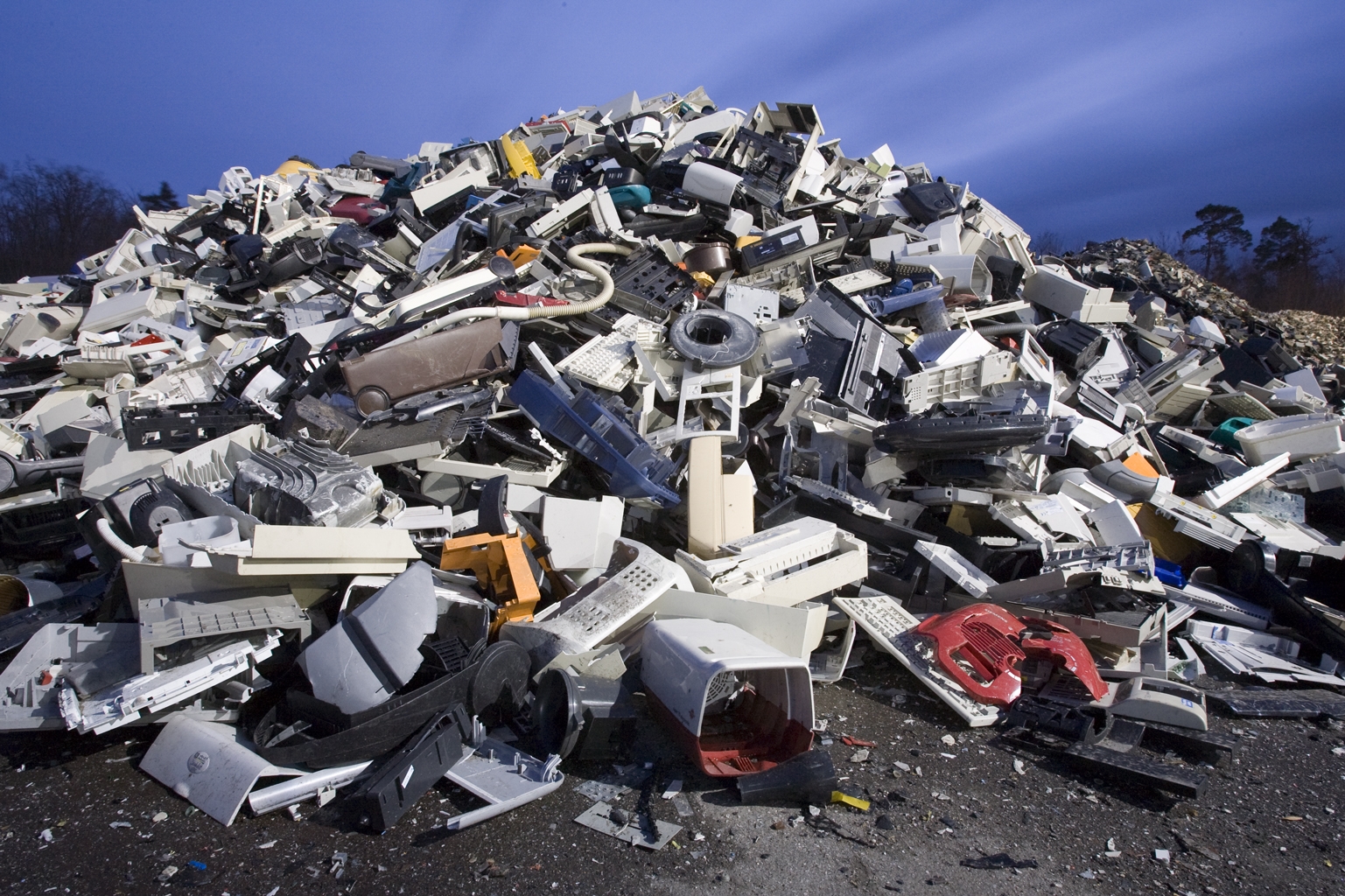- We might just be breathing fine now, but for how long?
How much poor health is caused by ICT emissions, and how much of these ICT emissions can the immune system tolerate? And why should you even care?
The Agbogbloshie market in Accra, Ghana, is a good example of this problem. For over ten years, Agbogbloshie has accepted recycling electronic waste from Europe, North America, and Asia. It has now become one of the world’s most polluted informal e-waste recycling sites. According to the WHO, a child who eats just one chicken egg from Agbogbloshie will absorb 220 times the European Food Safety Authority’s daily limit for intake of chlorinated dioxins (big grammar for chemical compounds that are found in polluted environments and contaminate food).
Do we have such a problem in Nigeria? You guessed right. A whopping 80% of e-waste from developed countries is illegally exported to low-income countries like Nigeria, where labour costs and disposal are cheap, and laws are not effectively enforced.
ICT waste or e-waste contains elements like lead, zinc, and mercury, which can cause danger to life. Unfortunately, Nigeria does not yet practise proper waste disposal management of ICT products, and so for people that live around dump sites or areas where the waste leads to pollution, they may be at a greater risk of having cancer.
In Nigeria, many electronic markets and informal dumpsites are located near or in residential areas. This allows children and women to be exposed to ICT emissions. The e-waste is set ablaze, releasing toxic fumes into the air and contaminating underground drinking water.
The WHO estimates Nigeria generated N64.2 billion worth of ICT waste in 2019 and ranks second in Africa after Egypt.
ICT waste or e-waste contains elements like lead, zinc, and mercury, which can cause danger to life when the toxic materials in these heavy metals are released into the soil, air, or underground water. The result will be a devastating disease outbreak in crops, livestock, and humans. Unfortunately, Nigeria does not yet practise proper waste disposal management of ICT products. So, people that live around dump sites or areas where the waste leads to pollution, may be at a greater risk of having cancer.
This isn’t going to be a scary read, at least not beyond this point, because the Telecommunication and Technology Sustainability Working Group (TTSWG), an initiative driven by the need for sustainability practices in the tech sector, has done all the research on the above questions and has given more than enough options to explore to ensure your safety.
In the previous quarter of the year, the group released a publication titled “Managing ICT Emissions and Environmental Pollution in Nigeria: A Look at Best Practices.”
The publication was released after TTSWG carried out descriptive research to understand how much pollution is being caused by ICT (Information Communication Technology) in Nigeria due to the previous lack of homogenous data. TTSWG is a Nigerian pro-tech non-governmental organisation that advocates for sustainable development, growth, and best practices in Nigerian telecommunications and technology.
ICT is a broad acronym that covers the scope of several fields related to information technology, which shelters several innovations and technologies under telecommunications, such as computers, wireless communication, and telephone lines.
The publication reveals that in Nigeria, there is an ever-growing consumption of ICT products such as computers, phones, and televisions. The improper disposal of these products after the end of their life cycle will lead to an environmental problem called “electronic waste,” which causes pollution.
We know that, at this point, everything screams cancer, but it is not just cancer that one should be worried about. Medical and scientific experts claim that other critical health challenges come with exposure to ICT pollution. Humans can suffer damage to the nervous system, blood, and respiratory organs from contacting these dangerous substances (add skin disorders to that list).
We know it isn’t fair that the electronic devices we buy with our hard-earned money ( or money gotten from other people’s sweat ) should cause so much harm after usage. The problem is that too many toxic materials are being used to make the electronic devices we use. For instance, a cell phone contains toxic materials such as mercury, beryllium, and lead. In touchscreen cell phones, indium oxide and tin oxide are used in a clear film on the screen to conduct electricity for you to be able to use the screen as a touchscreen (don’t worry about the big science jargon, we also have no clue what they really are, but we know they are facts).
As you read all these alarming facts, you might ask yourself, “Why do people let this pollution happen, and why doesn’t it make the news?” It does make the news (you are probably consuming too much TikTok). Still, it is rarely regarded as a major environmental problem because most consumers believe that their actions or participation in discussing ICT pollution will have a minor impact on causing a significant change (oh ok, it’s not because you consume too much TikTok, sorry). Another reason would be that many people are ignorant of the problem.
WHAT CAN YOU DO?
In that publication, TTSWG made a list of several novel solutions in which the government, tech industries, manufacturers, and consumers can participate. One of these solutions includes recycling digital products, which involves re-evaluating the need for an extra gadget, buying refurbished products, and creating a sustainable e-waste recycling program.
Other solutions include supporting better e-waste legislation and raising ICT footprint awareness, amongst many others.
The future of sustainability in the Nigerian industry might still be very far from perfect, but the research and findings from TTSWG are shedding some light on the path we should all follow. You should take the time to read the publication on managing ICT emissions and environmental pollution in Nigeria by TTSWG because maybe you’re breathing simply fine now, but for how long?
By Epa Stevens
Click the link below to read the publication
https://www.ttswg.org/resources/managing-ict-emissions-and-environment-pollution-in-nigeria/
